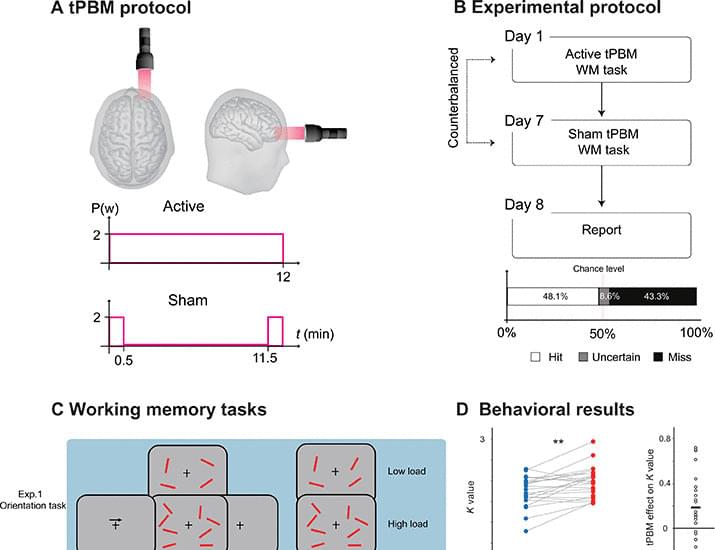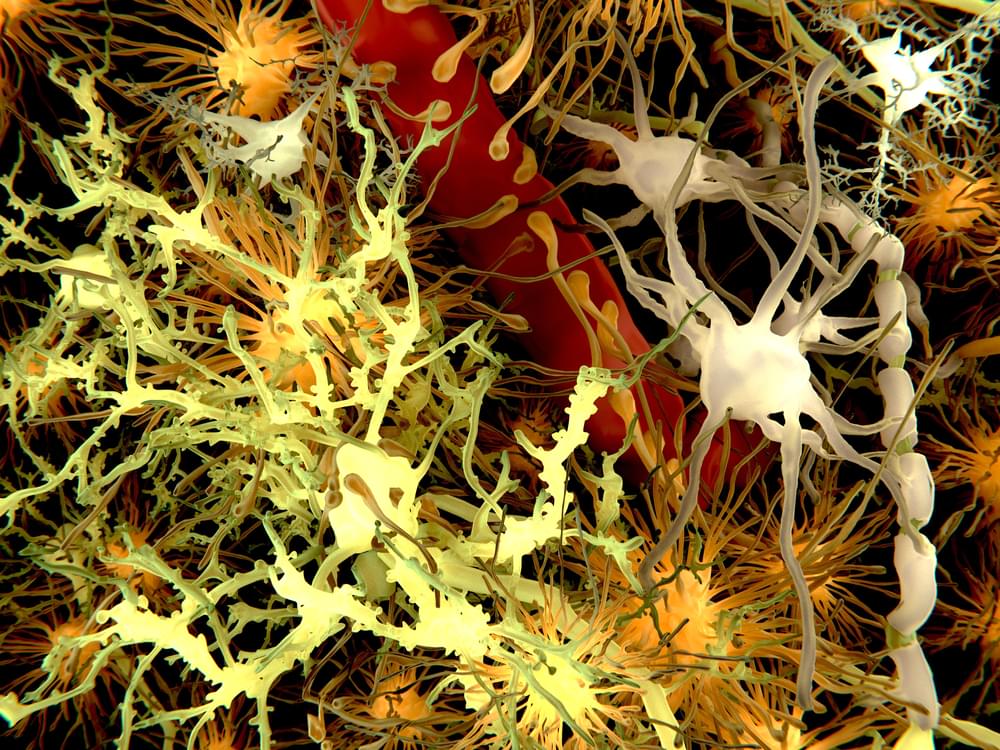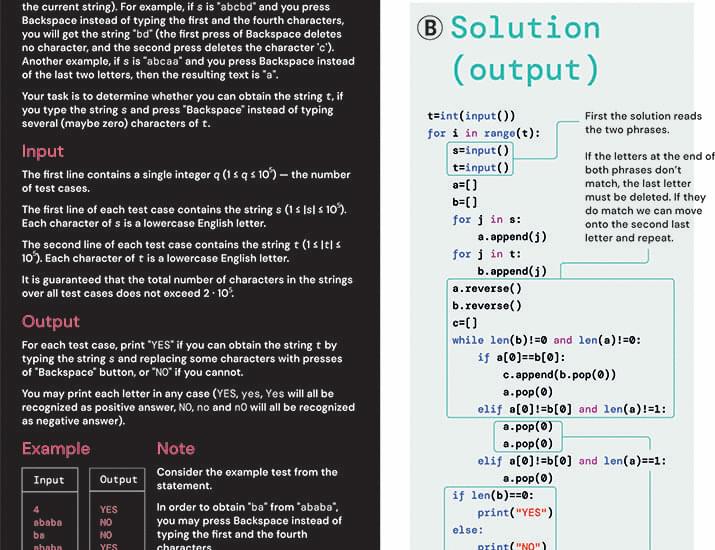Water and wood may one day be all that’s needed to provide electrical power for a household. At a time when energy is a critical issue for many millions of people worldwide, scientists in Sweden have managed to generate electricity with the help of these two renewable resources.
The method reported by researchers at KTH Royal Institute of Technology focuses on what naturally happens after wood is placed in water, and the water evaporates. Transpiration, a process in which water moves through a plant, is constantly occurring in nature. And it produces small amounts of electricity, known as bioelectricity.
Yuanyuan Li, assistant professor at the Division of Biocomposites at KTH, says that with some nanoengineering of wood—and pH tuning—small but promising amounts of electricity can now be harvested.







